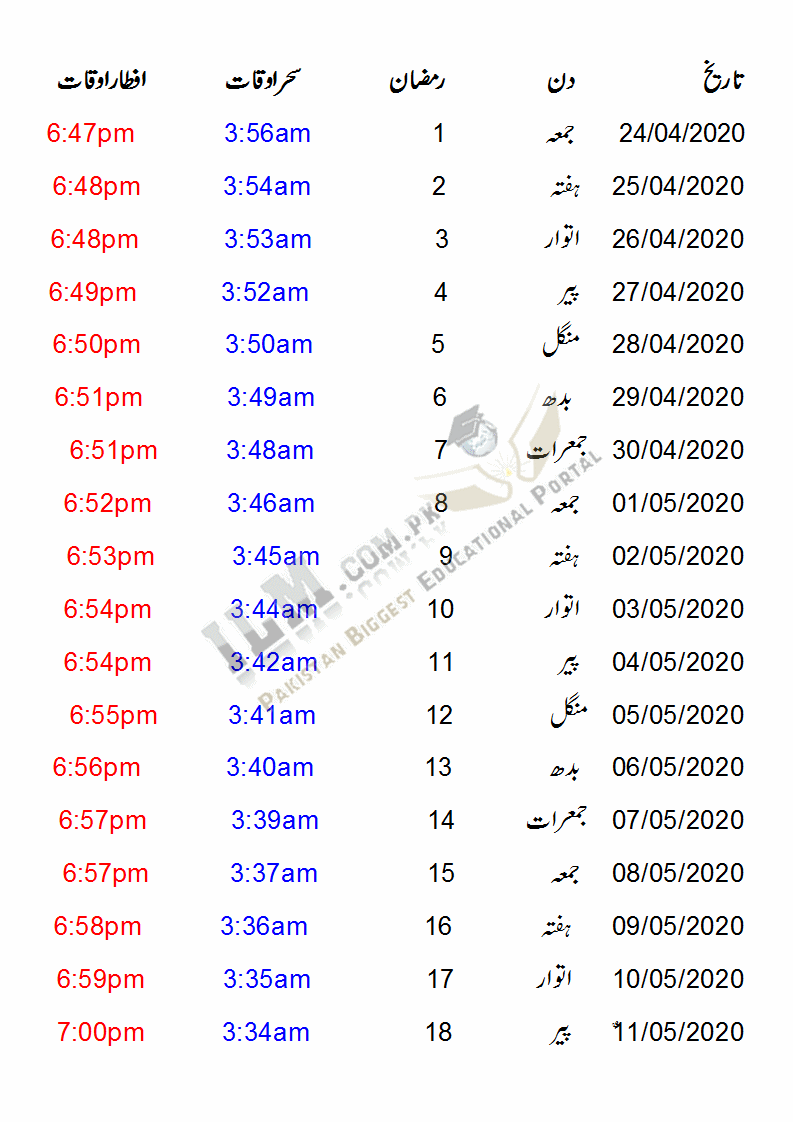

Ramadan is the ninth month in the Islamic calendar, which consists of 12 months and lasts for about 354 days. There may also be some congestion around mosques during prayer times, such as in the evenings. Many Islamic businesses and organizations may amend opening hours to suit prayer times during Ramadan in the United States. Some school authorities may issue requests on or prior to Ramadan, asking staff members at all schools within a district to help Muslim students perform their fasting ritual. Some schools for students of Islamic faith may hold special events to welcome Ramadan. Some Islamic centers and organizations actively take part in charity events and activities such as giving basic necessities, including food and clothing, to the homeless or donating school equipment to schools. Ramadan is also a month for acts of charity. Some Muslims recite the entire Qur'an by the end of Ramadan through special prayers known as Tarawih, which are held in mosques every night of the month, during which a section of the Qur'an is recited. People of Islamic faith are encouraged to read the entire Qur'an during Ramadan.

It is a time of self-examination and increased religious devotion. Fasting during Ramadan is one of the Five Pillars (fundamental religious duties) of Islam. Ramadan is a month of fasting for many Muslims in the United States.


Ramadan lanterns are popular during the month of Ramadan. It falls on Sunday, 3 April 2022 and most businesses follow regular Sunday opening hours in United States. Ramadan (first day) is not a public holiday. The first verses of the Koran (Qu'ran) were revealed to the Prophet Muhammad (also written as Mohammad or Muhammed) during the last third of Ramadan, making this an especially holy period. It is a period of prayer, fasting, charity-giving and self-accountability for Muslims in the United States. Ramadan (also known as Ramadhan or Ramzan) is the ninth month in the Islamic calendar.


 0 kommentar(er)
0 kommentar(er)
